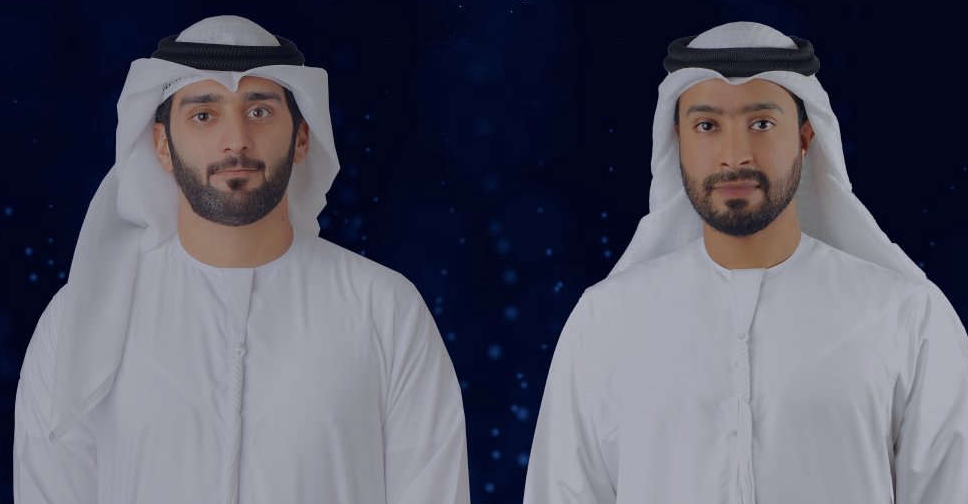
The Mohammed Bin Rashid Space Centre (MBRSC) has selected the first two Emiratis to be part of a mission that prepares humans for future exploration of Mars and other planets.
Abdallah AlHammadi and Saleh AlAmeri have started training for the 8-month analog mission that will be conducted in Moscow later this year.
UAE Analog Mission#1 is part of the Scientific International Research in Unique Terrestrial Station (SIRIUS) SIRIUS 20/21 that will be conducted at the NEK ground-based analogue facility in Moscow.
The candidates (one primary and one backup) will be part of the mission’s CrewONE team.
The project will study the effects of isolation and confinement on human psychology, physiology and team dynamics to help prepare for long-duration space exploration.
"The analog mission is a critically important programme that is essential to keep astronauts safe and healthy during long-duration spaceflights. Through our participation, we will be able to contribute to understanding the science behind such missions," said Adnan AlRais, Mars 2117 Programme Manager, MBRSC.
"It will also provide crucial data that will help us undertake more ambitious space exploration challenges including for the Mars 2117 Programme," he added.
.@MBRSpaceCentre announces names of first two Emiratis selected for UAE Analog Mission#1 as part of the Scientific International Research in Unique Terrestrial Station (SIRIUS) SIRIUS 20/21, an 8-month analog mission that will be conducted in Moscow, Russia later this year. pic.twitter.com/4xAeCimysv
— Dubai Media Office (@DXBMediaOffice) August 15, 2021
Crew One - @MBRSpaceCentre pic.twitter.com/nYF6uztJpm
— Dubai Media Office (@DXBMediaOffice) August 15, 2021
Analog Astronaut Abdallah AlHammadi
AlHammadi has a foundation degree in aerospace engineering from the Manchester Metropolitan and a bachelor’s degree in mechanical engineering from the Abu Dhabi University.
He has been part of the UAE Armed Forces for the past 17 years and is currently the Crew Chief of the Maintenance Department (first and second line).
Analog Astronaut Saleh AlAmeri
AlAmeri has a bachelor’s degree in mechanical engineering from Khalifa University and is a certified vibration analyst from the Mobius Institute.
With over six years of experience in his field, AlAmeri is currently working as a mechanical engineer with ADNOC.
AlAmeri’s team had won second place in the Abu Dhabi Solar Challenge 2015, designing the first of its kind solar car in the Arab world that had a mileage of 1,200 km.
Selection process
During the call for applications, MBRSC announced that it was looking for Emirati candidates between the ages of 28 and 55, who were passionate about space and can communicate in English.
Preferred occupations included physicians, medical investigators, physiologists, biologists, life-support specialists, and IT and electronics professionals.
MBRSC received 172 applications for the positions, and the applicants underwent various phases of rigorous evaluation in accordance with international standards, before the final two candidates were selected.
Women accounted for 62% of the candidates that applied for the position, with the youngest candidate being a 25-year-old female and the oldest a 40-year-old male.
In the first stage, after reviewing the candidates’ major, language skills and responses to the questions in the application form, a pool of 30 people were shortlisted to be interviewed. The interview focused on five important competencies crucial to the mission including teamwork, leadership, resilience, compassion and communication.
Based on the interviews, 10 prospective candidates were shortlisted for a second interview with a committee consisting of specialists from various departments and administration of MBRSC.
Additionally, the candidates also underwent medical and psychometric tests, that allowed the team to bring down the shortlist to six.
A final interview was then conducted by MBRSC’s senior leadership team, after which the final candidates were selected.
The analog astronauts are currently undergoing in-house training, which includes training on the experiments proposed by principal investigators from local universities and Russian language training in preparation for the SIRIUS 20/21 mission.




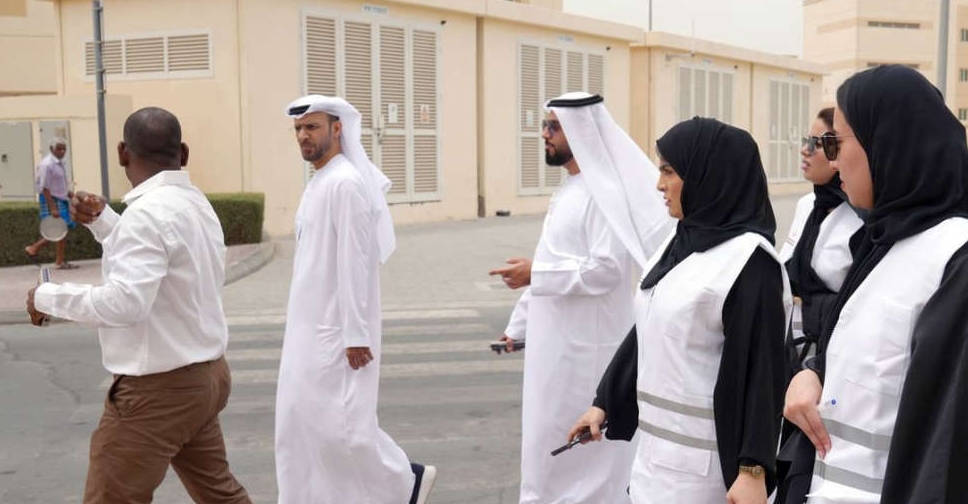 National Human Rights Institution visits labour accommodation
National Human Rights Institution visits labour accommodation
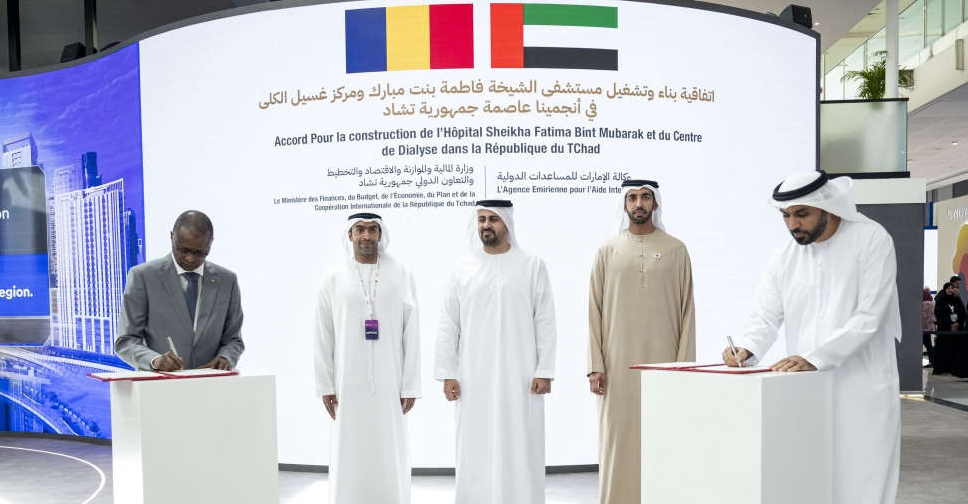 UAE to build hospital, dialysis centre in Chad
UAE to build hospital, dialysis centre in Chad
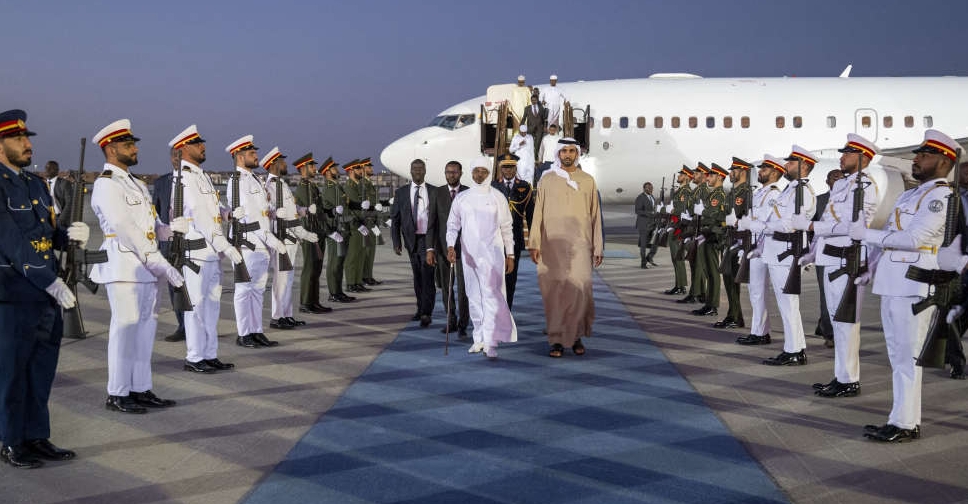 President of Chad arrives in UAE on official visit
President of Chad arrives in UAE on official visit
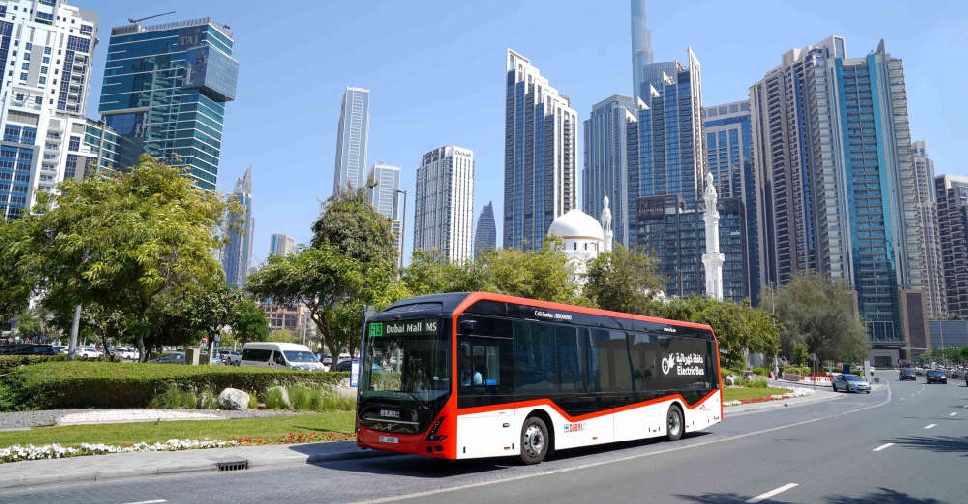 Dubai trials high-tech electric bus in drive toward zero emissions
Dubai trials high-tech electric bus in drive toward zero emissions
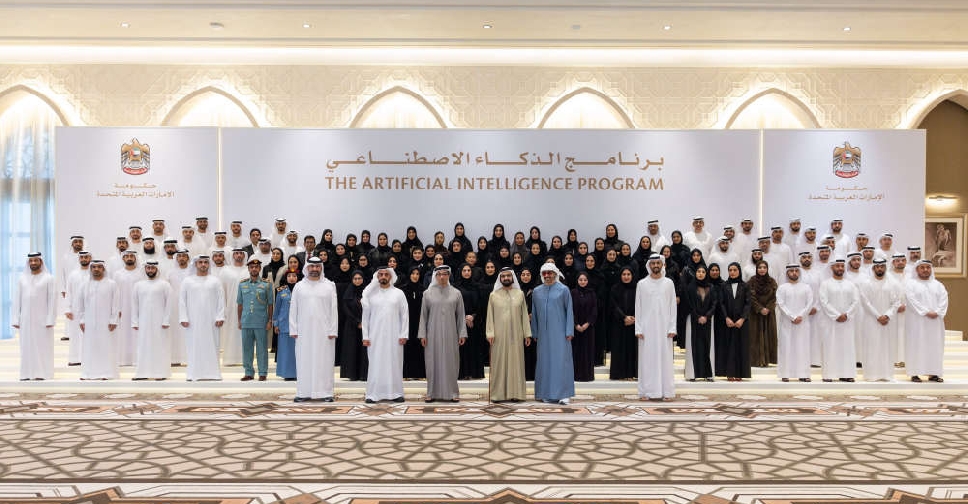 UAE powers up AI workforce with over 100 new graduates
UAE powers up AI workforce with over 100 new graduates







